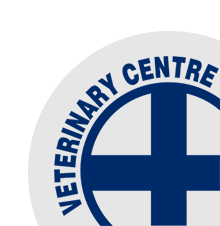Izzy
/Izzy is a miniature pincher who came to see us at Veterinary Centre Waimate tremoring uncontrollably, stressed and panting heavily. She was a new mother with a litter of 4 week old puppies in tow.
Izzy had eclampsia, which is a low blood level of calcium. Calcium is vital for muscle and nerve function. It is often seen in larger breeds with very large litters causing too much of a calcium drain through their milk production.
After a physical exam it appeared that Izzy was also fighting off an infection which compounded the problems and likely tipped her over the edge of being able to regulate her own calcium levels.
Izzy was admitted into our Blue Cross hospital and treated immediately. Luckily for Izzy after a period of intensive care she responded well to the calcium treatment and within a few hours was bouncing around her kennel and wanting to go home.
Pregnancy and lactation are a major drain on whelping bitches. Ideally they should be on a good quality diet prior to whelping and right through lactation. If you have any expectant pooches or have any questions feel free to come and talk to any of our veterinary professionals at the Veterinary Centre.













